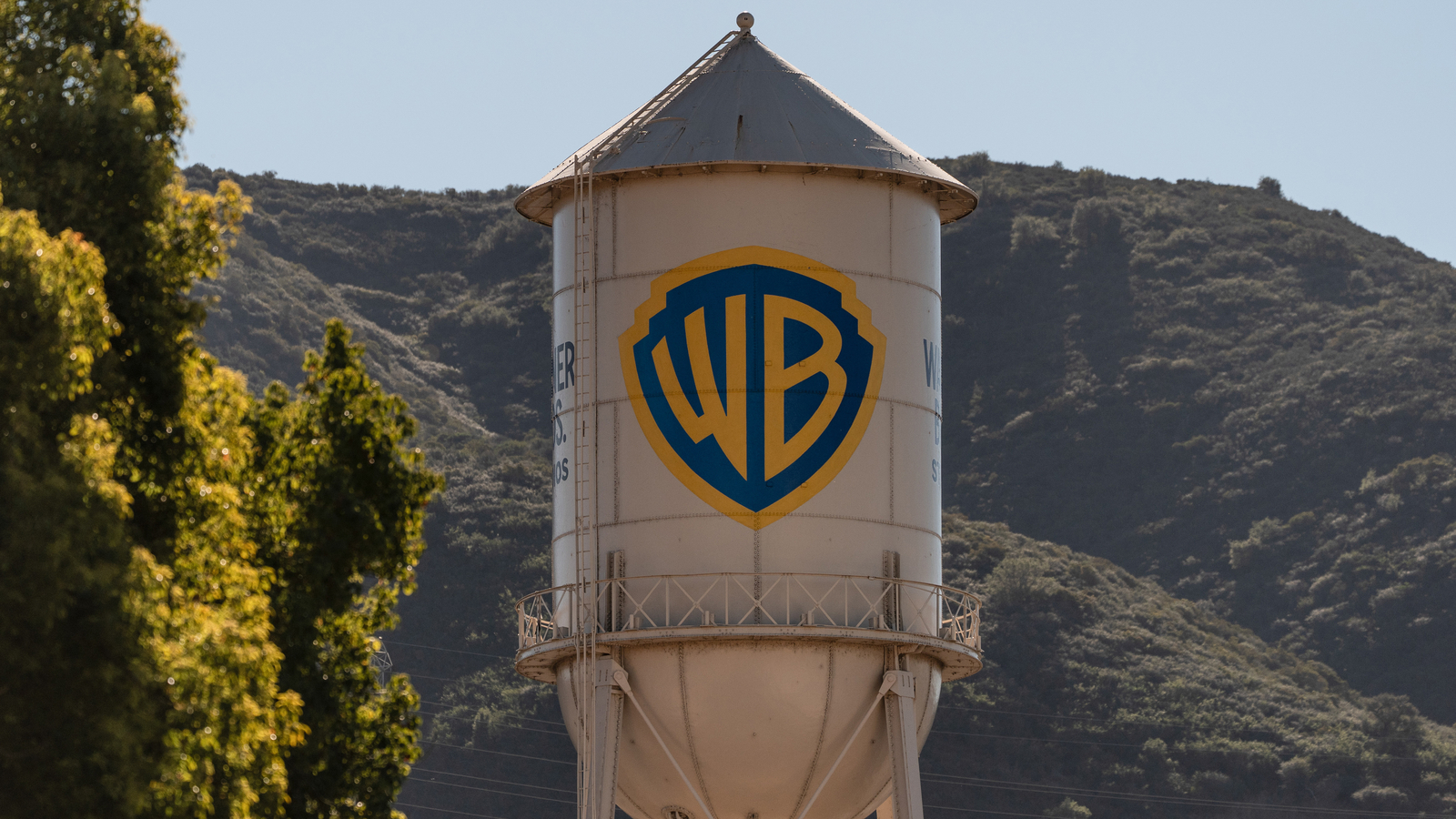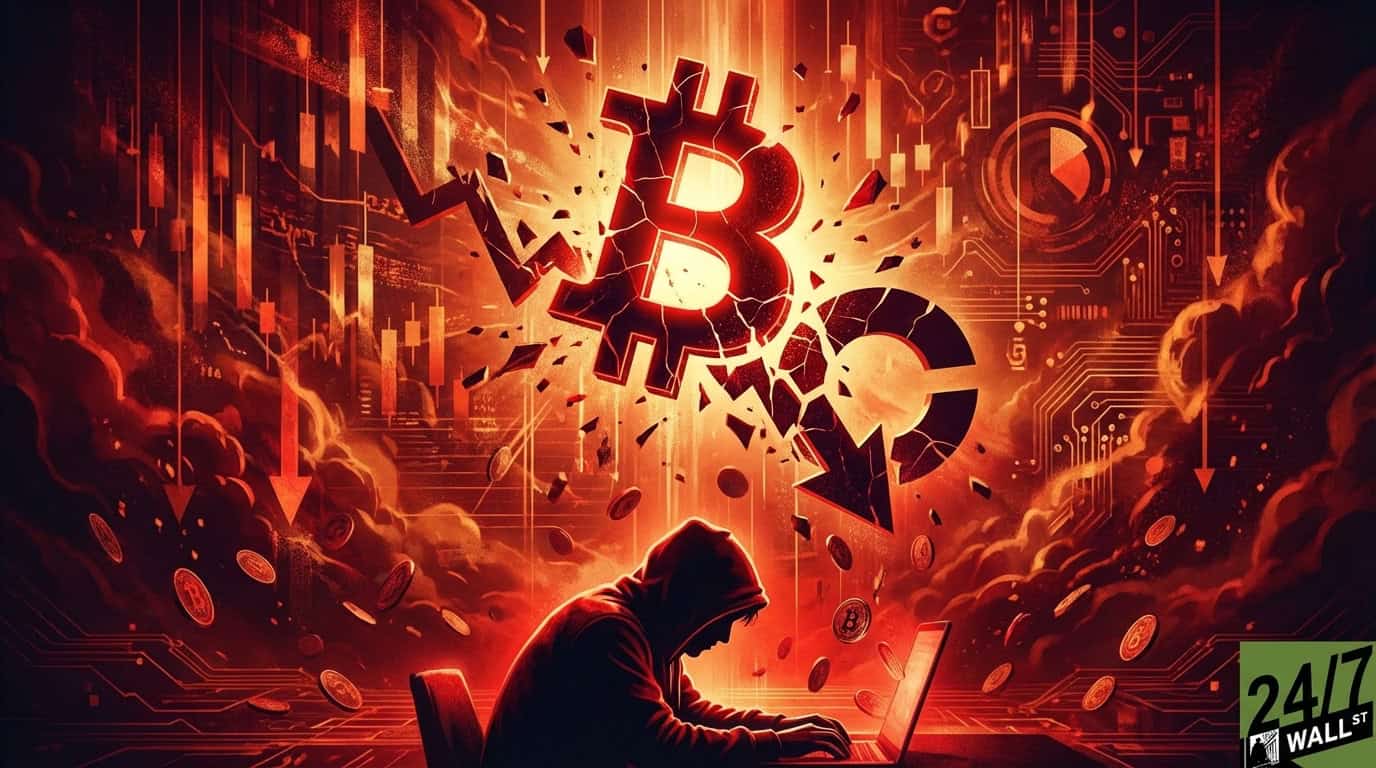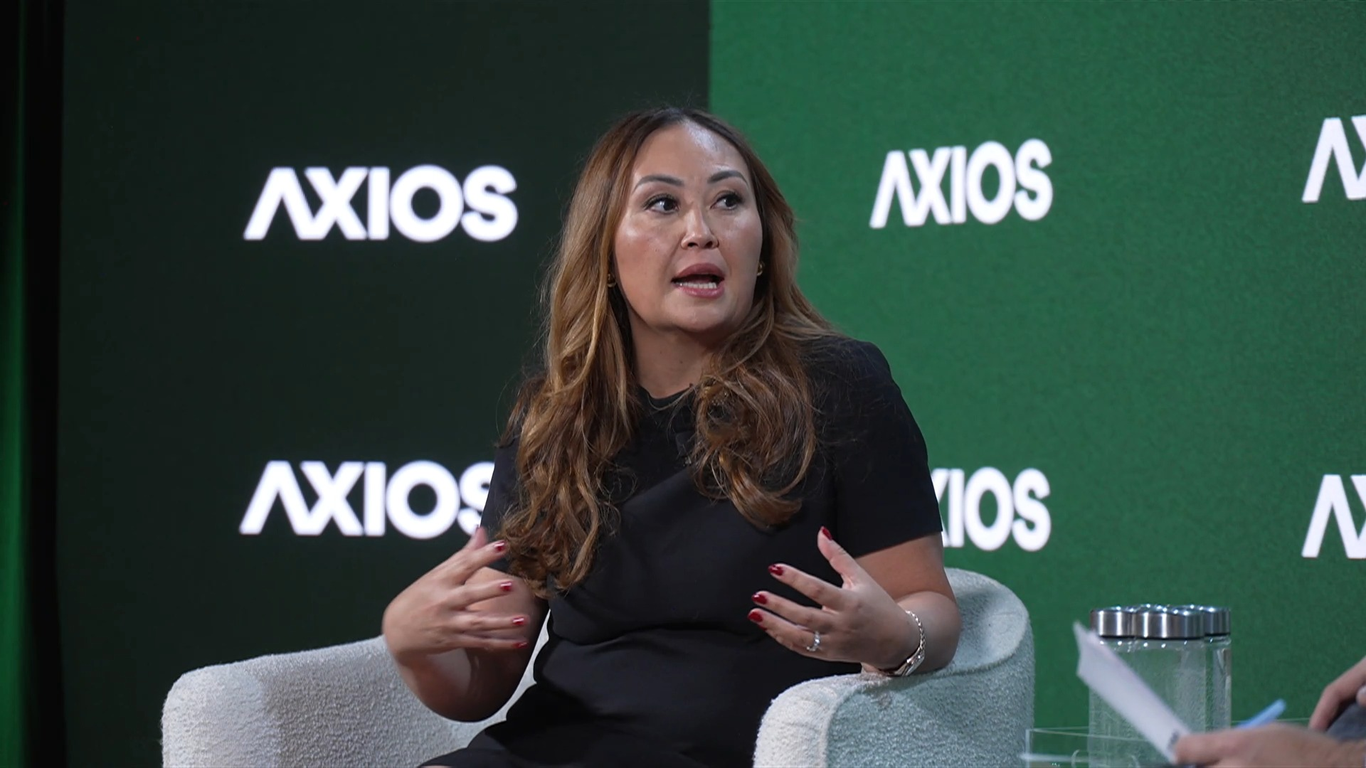Apple
from24/7 Wall St.
22 hours agoApple (AAPL) Trading 10% Below Analyst Targets After This Week's 8% Drop
Apple shares fell sharply despite strong quarter; analysts forecast upside while NAND price inflation, AI launch delays, and regulatory risks weigh on the stock.








